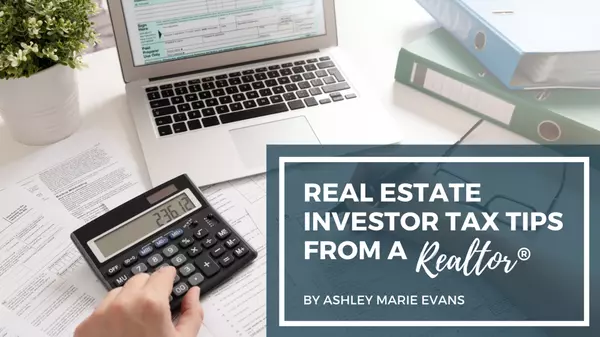
Selling in a Balanced Market: Why Pricing Matters More Than Ever
The real estate market in 2025 is shifting — and if you're thinking about selling your home, it's important to understand what that means for you. After years of fast-paced sales and bidding wars, we’re now seeing a more balanced market. Inventory is rising, buyer urgency is cooling, and homes are s

Is now the time to buy a home in Memphis, TN?
🏡 Why Now Might Be the Perfect Time to Buy a Home in Memphis, TN Thinking about buying your first home in Memphis? You’re not alone—and you might be in a better position than you think. With interest rates stabilizing and Memphis remaining one of the most affordable cities in the U.S., now could be

Powering the Future: Highlights from Epique PowerCon 2025
What an electrifying week it was at Epique PowerCon 2025! From coast-to-coast expansion to powerful new partnerships and agent benefits, this year’s conference has been nothing short of transformative. 🌍 Nationwide and Global Expansion We’re proud to announce that Epique is now active in all 50 sta
Categories
Recent Posts











